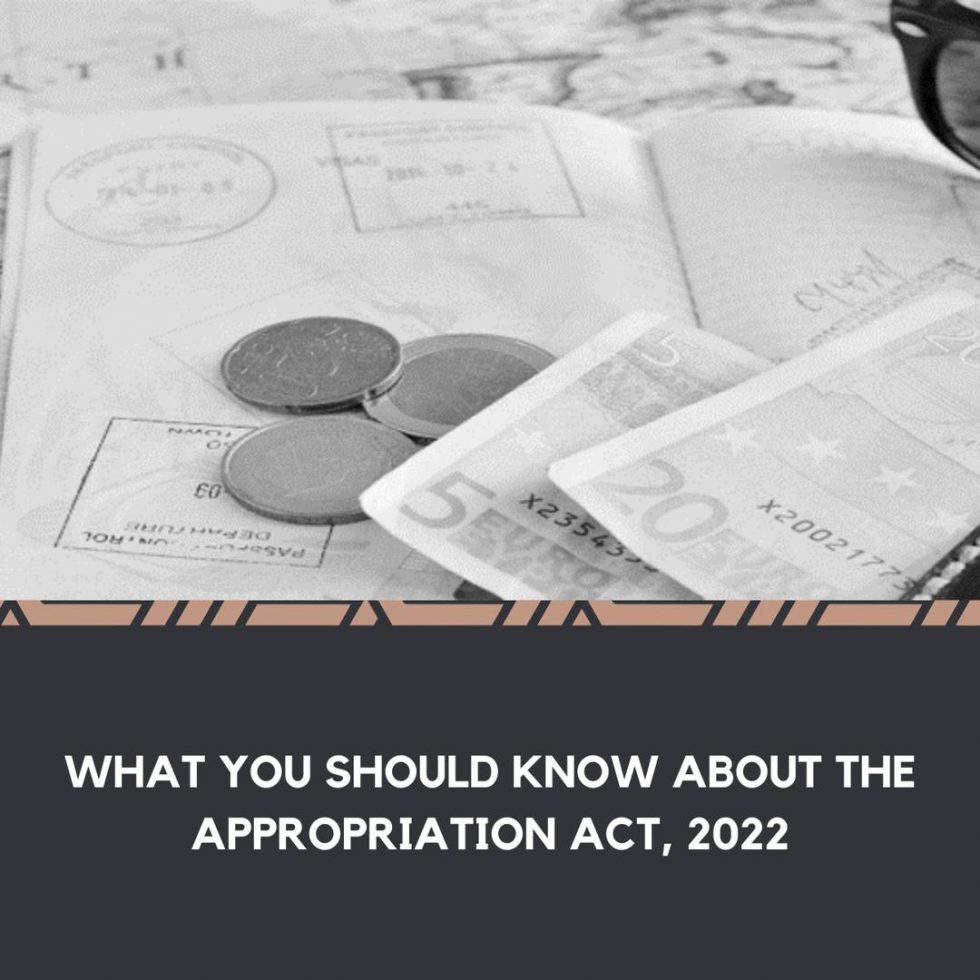
We offer high quality & cheap prices best replica watches UK online
Choose best replica watches shop to buy all of the replica Rolex watches UK. New 1:1 super clone watches for sale online.
Check out our panerai replica selection for the very best in unique or custom, handmade pieces from our watch bands & straps shops.
Parameters and Fiscal Assumptions
The 2022 “budget for Economic Growth and Sustainability” was signed into law by President Muhammadu Buhari on Friday, 31st December 2021, two weeks after the National Assembly passed the bill.
The allocations in the budget were guided by six strategic objectives of the National Development Plan of 2021 to 2025, which are: diversifying the economy, with robust MSME growth; investing in critical infrastructure; strengthening security and ensuring good governance; enabling a vibrant, educated, and healthy populace; reducing poverty, and minimizing regional, economic, and social disparities.
Key Elements of the Budget: Expenditure Summary
The total estimated aggregate expenditure is N17.13tn which is N735.85bn more than the initially proposed sum of N16.39tn and represents a 17.57% increase over N14.57tn for 2021. The increase in the proposed expenditure is attributed to the introduction of 6,576 new projects and the reduction of the allocation to 10,733 projects by law makers.
- Statutory transfer
- Recurrent (non-debt) which is the largest expenditure is estimated to amount to N6.91tn, is 40.3% of total expenditure and 17.3% higher than the 2021 Budget.
- Debt Service
- Aggregate Capital Expenditure of N5.47tn accounts for 31.9% of total expenditure.
- Sinking fund
N3.61tn is estimated for debt service and this represents 22% of total expenditure. This is a 15.7% increase from the N3.12tn allotted for debt service last year. This increase in public debt is a result of borrowings to put the economy back on track after 2 recessions.
Key Elements of the Budget: Revenue Summary
The estimated aggregate revenue to fund the 2022 budget is N10.7tn which is 32% higher than the 2021 estimate of N8.1tn. The major revenue generation strategies are as follows:
- Enhancement of tax and excise revenues through policy reforms and tax administration measures;
- Review of the policy effectiveness of tax waivers and concessions;
- Boost of customs revenue through the e-Customs and Single Window initiatives (implementation of the African Continental Free Trade Agreement may be a major driver for this strategy); and
- Safeguard revenues from the oil and gas sector.
The government has also expressed its intention to strengthen the existing framework for concessions and Public Private Partnerships. There will also be a review of the Finance Act to input measures to aid the Strategic Revenue Growth Initiative (SGRI).
Key Elements of the Budget: Deficit, Financing, and Critical Ratios
The 2022 budget has a total fiscal deficit of about N6.39tn. This represents about 3.5% of the projected GDP of N184tn (this amount was stated by the Minister of Finance at the public presentation of the budget in October,2021), slightly above the 3% threshold set by the Fiscal Responsibility Act 2007 (FRA).
The President, however, insisted that this was necessary to tackle the security problems prevalent in the country.
Finance Act 2021
In order to achieve the revenue projections in the 2022 budget, the Finance Act took effect from the 1st January 2022 and introduces amendments to some tax laws.
The Finance Act amends the: Capital Gains Tax Act (CGTA); Companies Income Tax Act (CITA); Fiscal Responsibility Act (FRA); Personal Income Tax Act (PITA); Stamp Duties Act (SDA); Federal Inland Revenue Service (Establishment) Act [FIRSEA]; Tertiary Education Trust Fund (Establishment) Act [TETFEA]; National Agency for Science and Engineering Infrastructure Act (NASENI Act); Value Added Tax Act (VATA); Nigerian Police Trust Fund (Establishment) Act [NPTFEA]; Finance (Control and Management) Act [FCMA], and Insurance Act.
Conclusion
So, what do we expect to see this year?
- Early passage of the budget will aid government in achieving its objectives.
- Enforcement of amendments introduced by the Finance Act, 2021.
- Removal of petrol and electrical tariff subsidies may contribute to inflation.
- Government driving heavy revenue generation by paying particular attention to tax compliance and remittances.
- There may be a downward review on tax incentives like Pioneer Status and tax incentives for petroleum companies.
- Revenue generation from the growing investment in the Nigerian technology ecosystem by the introduction of taxes to foreign technology companies with significant economic presence in Nigeria.
- Leveraging on implementation of the African Continental Free Trade Agreement (AfCFTA) to enhance customs revenue.
- Focus on tackling insecurity.
- Introduction of major projects in the education and health sectors.
HOW TO GET STARTED
Do you need to know more about the Appropriation Act? Our Finance team is available to support you.
You may contact our team on: Email: info@dealhqpartners.com Telephone: +234 1 4536427 or +234 9087107575








